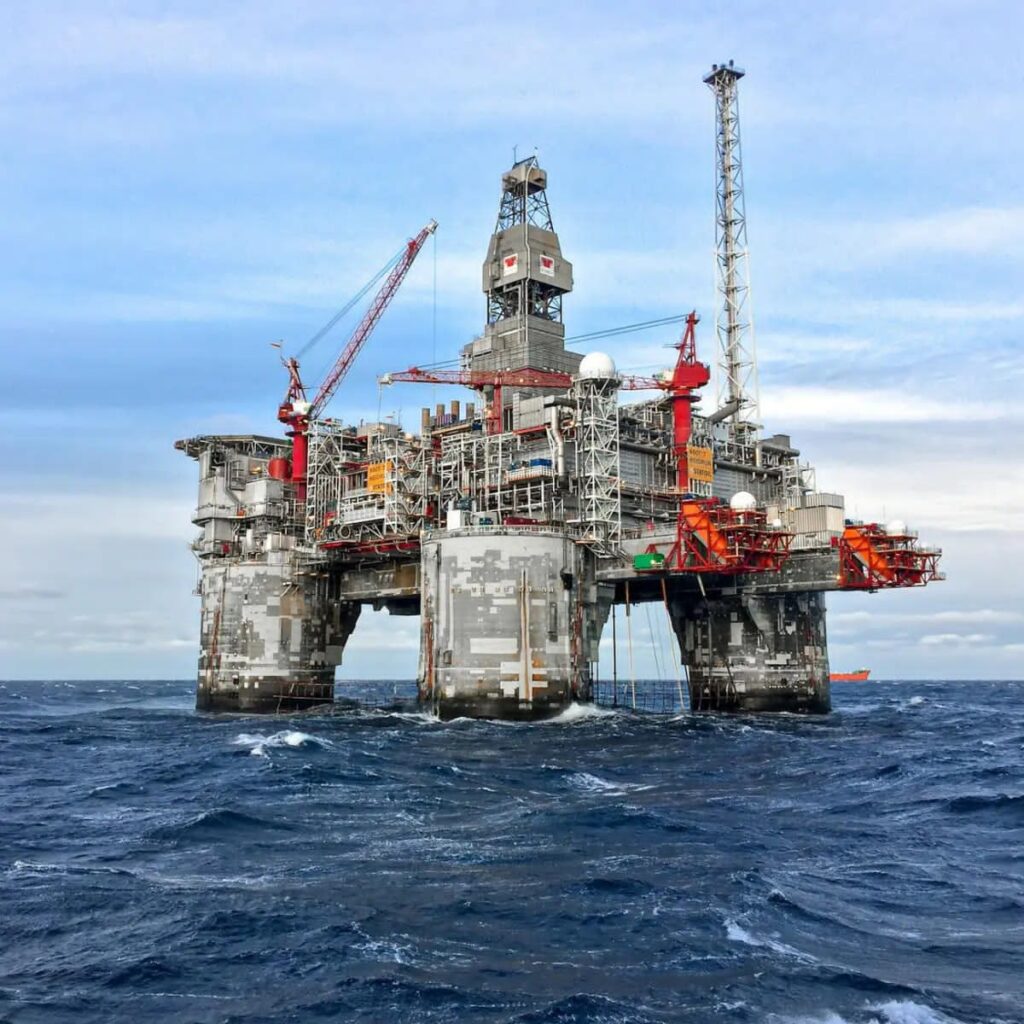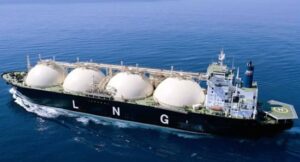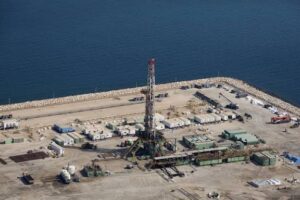ExxonMobil and Qatar Energy have announced a new natural gas discovery beneath the sea south of Cyprus, potentially strengthening Europe’s efforts to reduce its dependence on Russian energy supplies.
The Pegasus-1 well, located around 190 kilometers southwest of Cyprus in deep waters, is the second major find in the area by the ExxonMobil-Qatar Energy partnership. Although the size of the new deposit hasn’t been revealed yet, further studies are planned to assess its potential.
Cypriot President Nikos Christodoulides was briefed on the discovery by ExxonMobil’s vice president, John Ardill, according to a statement from government spokesperson Konstantinos Letymbiotis.
This latest find brings the total number of natural gas discoveries in Cyprus’ exclusive economic zone to six over the past 14 years. Previous finds include the Glaucus-1 (3.7 trillion cubic feet), Cronos (3.1 tcf), Zeus (2.5 tcf), and the Aphrodite field (5.6 tcf), which was the first and remains the largest.
Some of the gas is expected to be exported to Europe via Egypt, under existing agreements. Cyprus’ Energy Minister George Papanastasiou also suggested that ExxonMobil, Eni, and Total—who operate neighboring fields—might team up to jointly develop the resources.
Analysts say such discoveries not only enhance Cyprus’s role in the eastern Mediterranean energy scene but could also support Europe’s goal of securing more diverse and independent energy sources.









